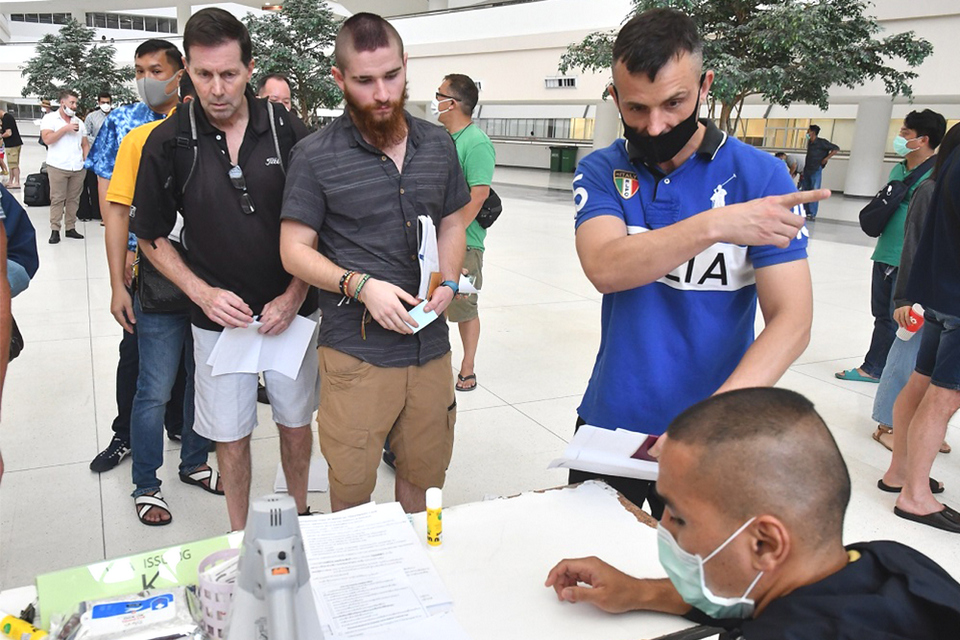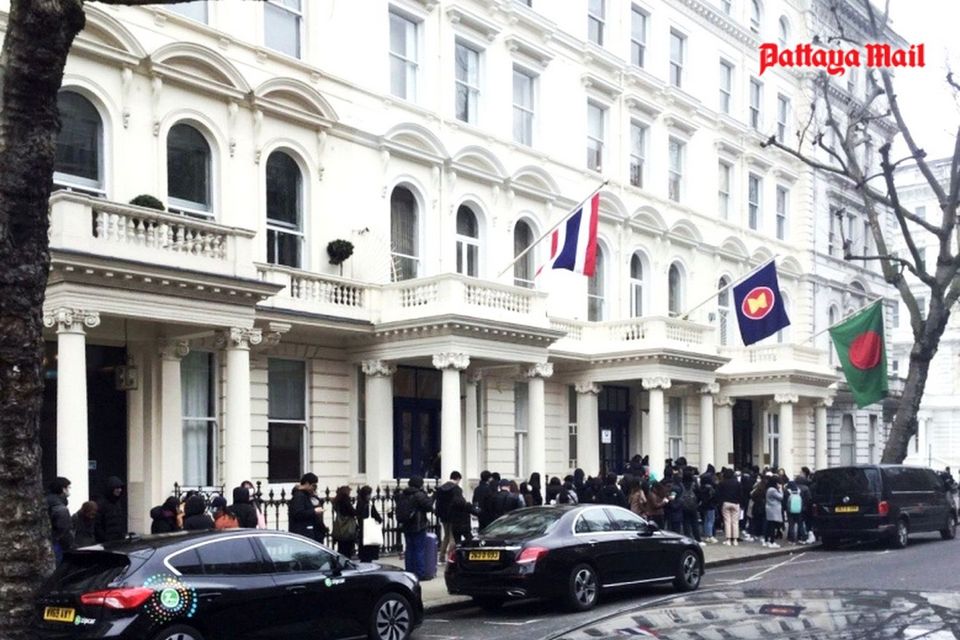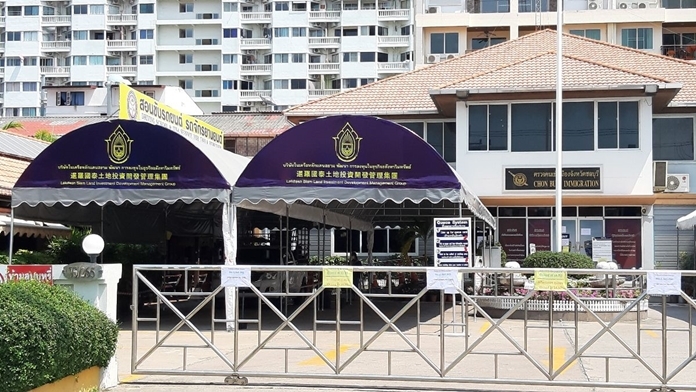By Jonathan Josephs
Business reporter, BBC News
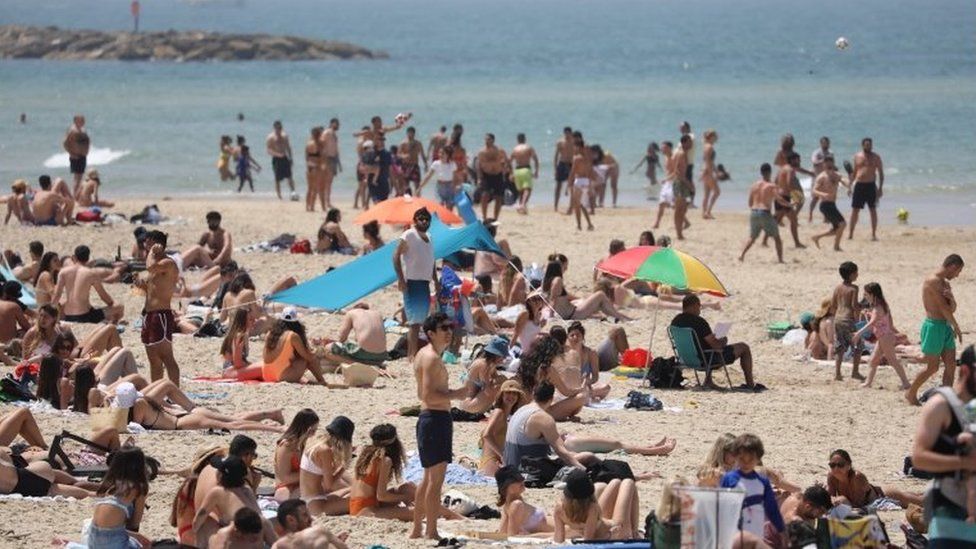 EPA
EPAPrices for international travel are set to rise this year due to pent-up demand and fewer aeroplanes in service, a travel boss has warned.
Booking.com's chief executive Glenn Fogel told the BBC that holiday "prices are already going up".
Many airlines have significantly reduced the number of flights they operate due to travel restrictions.
Despite huge demand, uncertainty makes it hard for airlines to plan bringing more planes back into service, he said.
"There's so much pent-up demand," said Mr Fogel. "Everybody wants to go travelling, but we all want to do it safely."
John Grant, an aviation analyst with global travel data provider OAG agrees that this will have a knock-on impact on air fares as travel restrictions are eased.
"That will, in the short term, create a rush of pent-up demand and revenge spending," he said.
"In turn, the airline algorithms will detect an uptick in demand and move prices up accordingly".
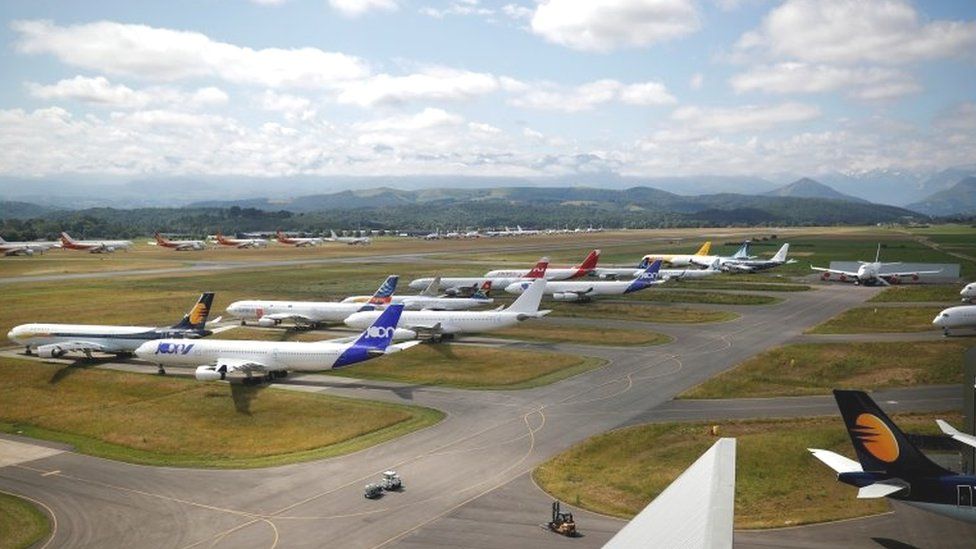 Reuters
ReutersA lack of clarity about how governments will go about recognising vaccine and testing statuses from other countries is troubling the travel industry, which has been hit hard by the coronavirus pandemic.
Confusing systems
Mr Fogel believes a single system would be helpful: "So many different people in so many different governments are talking about different programmes, but right now, there is nothing out there that is unified, so it's very confusing.
"I listened to the prime minister of Italy saying how they want to let people into Italy soon and you just have to prove that you have a vaccine and it'd be great.
"And my thinking is, well, I have my vaccine myself, but how do I prove it? Do I just bring my little white card that I got in the US that said I got it, is that going to be good enough? We need some clarifications."
Several systems are being explored, including the International Air Transport Association (IATA)'s travel pass, which is being trialled by a number of airlines.
Meanwhile, the European Union is working on having a digital pass ready in time for the summer holidays.
Split society?
The idea of a scheme that allows passengers who have had the vaccine to travel has proved divisive.
The UK equality watchdog recently warned it could create a "two-tier society, whereby only certain groups are able to fully enjoy their rights".
That's a view supported by the World Health Organization (WHO) but Mr Fogel disagrees.
"It's true that if you're not vaccinated, you may not be able to enter a country under this type of a system," he said.
"But I'm okay with that. Because the alternative is what - nobody gets to go in? That doesn't make a lot of sense to me."
He added that there are countries that people cannot go into if they don't have proof of vaccination against yellow fever, for example.
"There's nothing wrong with using technology to prove you are a safe traveller that can help get the industry up faster," said Mr Fogel.
Financial pain
The lack of clarity has hurt the finances of Booking.com's US owner Booking Holdings, which also owns Kayak and rentalcar.com.
Revenues for the three months to the end of March fell to $1.1bn (£790m) - 50% lower than the same period a year ago.
Figures from the World Travel & Tourism Council (WTTC) reflect a similar picture across the industry, showing tourism's value to the global economy fell from nearly $9.2tn in 2019 to $4.7tn in 2020.
As a share of the global economy that equates to a fall from 10.4% to just 5.5%.
But Mr Fogel, who is chief executive of both the Dutch-based Booking.com and its parent firm Booking Holdings, told investors that there is still reason to be optimistic things will improve.
"While the pace of vaccine distribution remains frustratingly slow in most places around the world, Israel, the UK and the US are benefiting from successful vaccine distribution programs," he said.
"In each of these countries, we have seen encouraging booking trends, which supports our view that vaccine distribution is key to unlocking pent-up travel demand."
